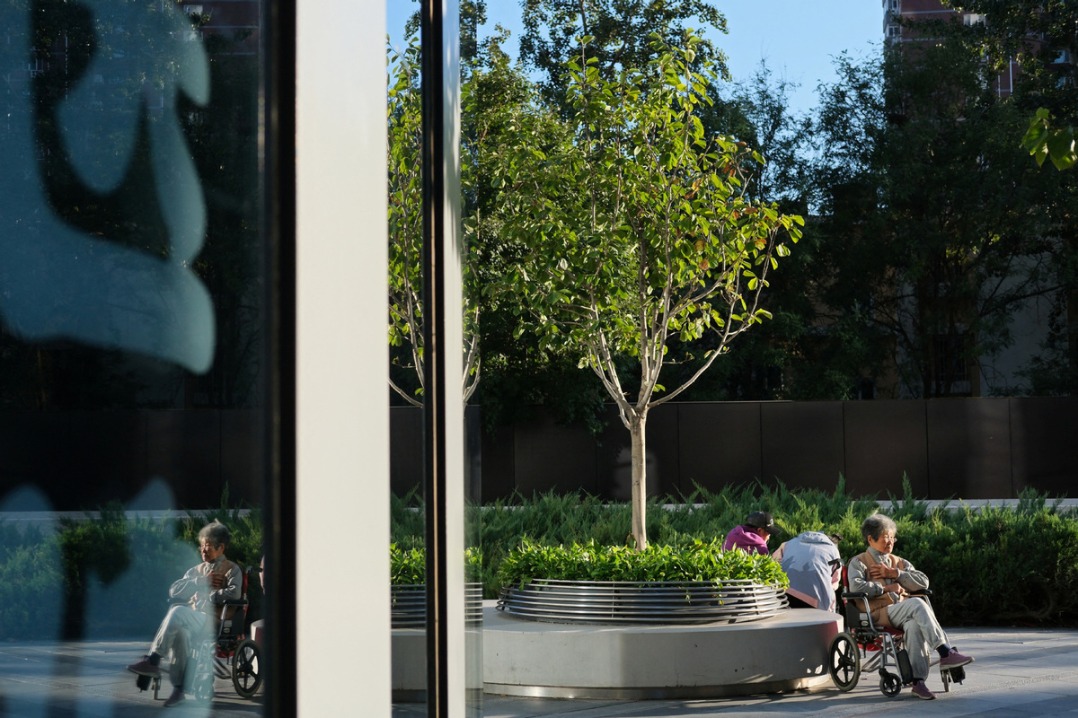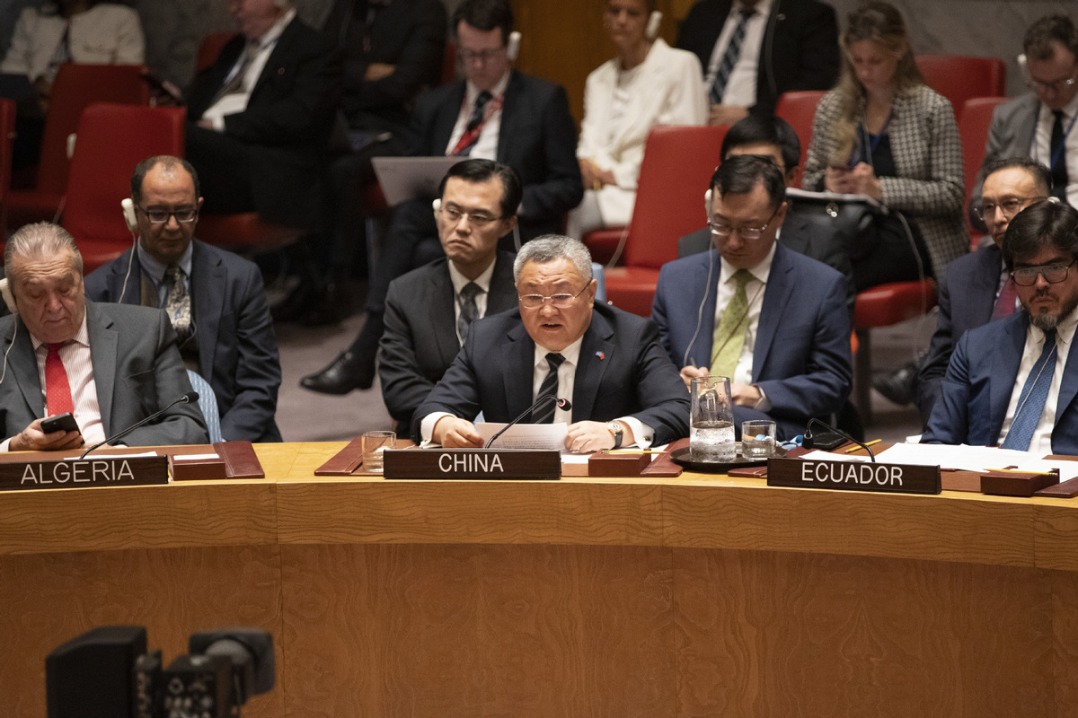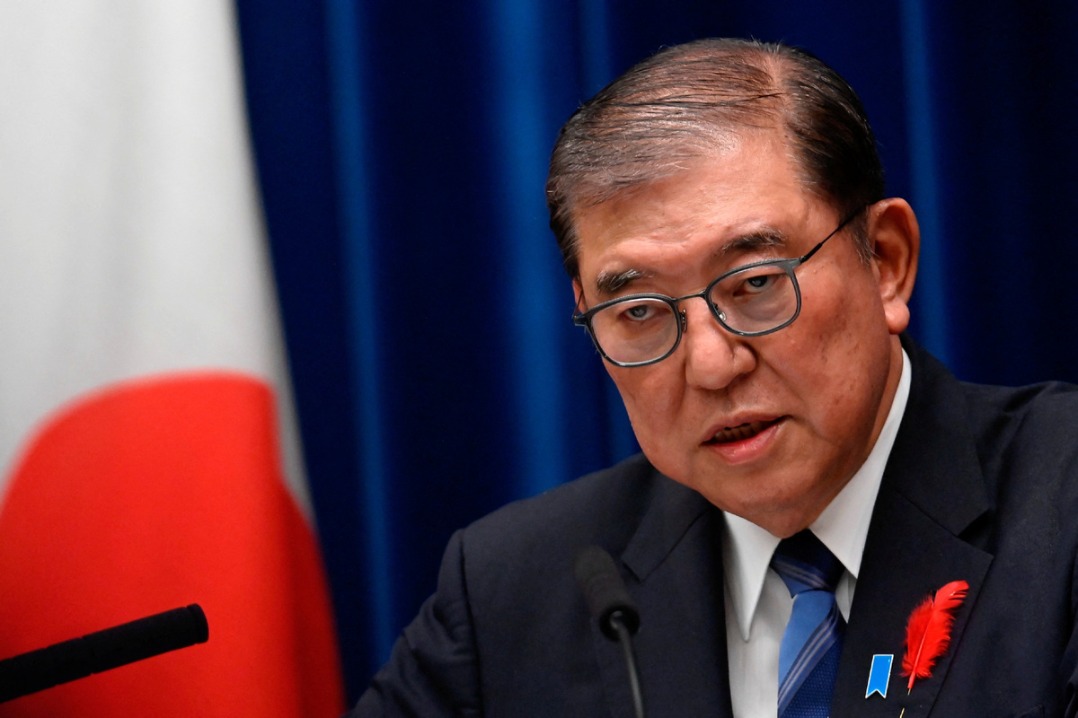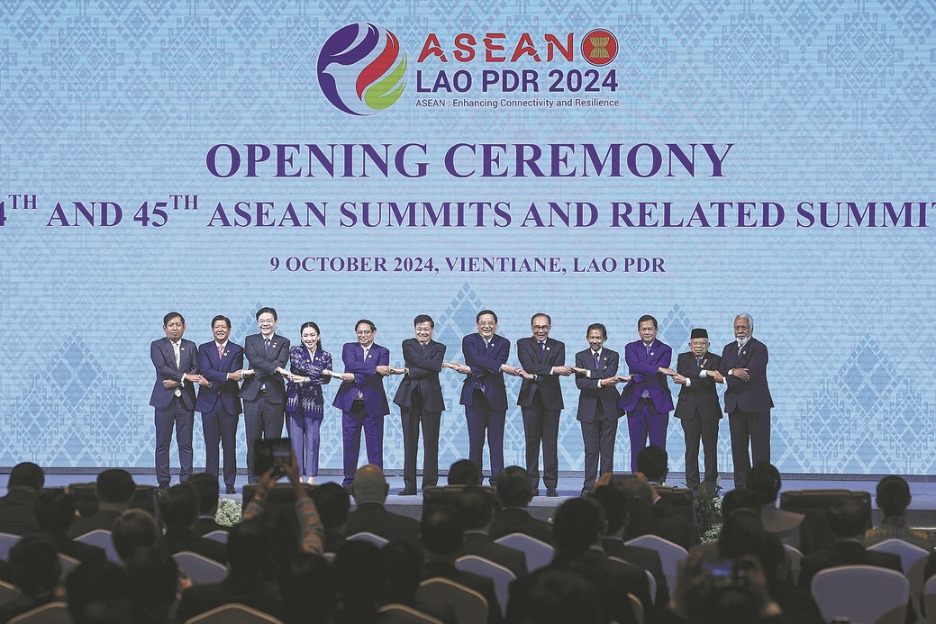Japanese call for building constructive and stable Japan-China relationship

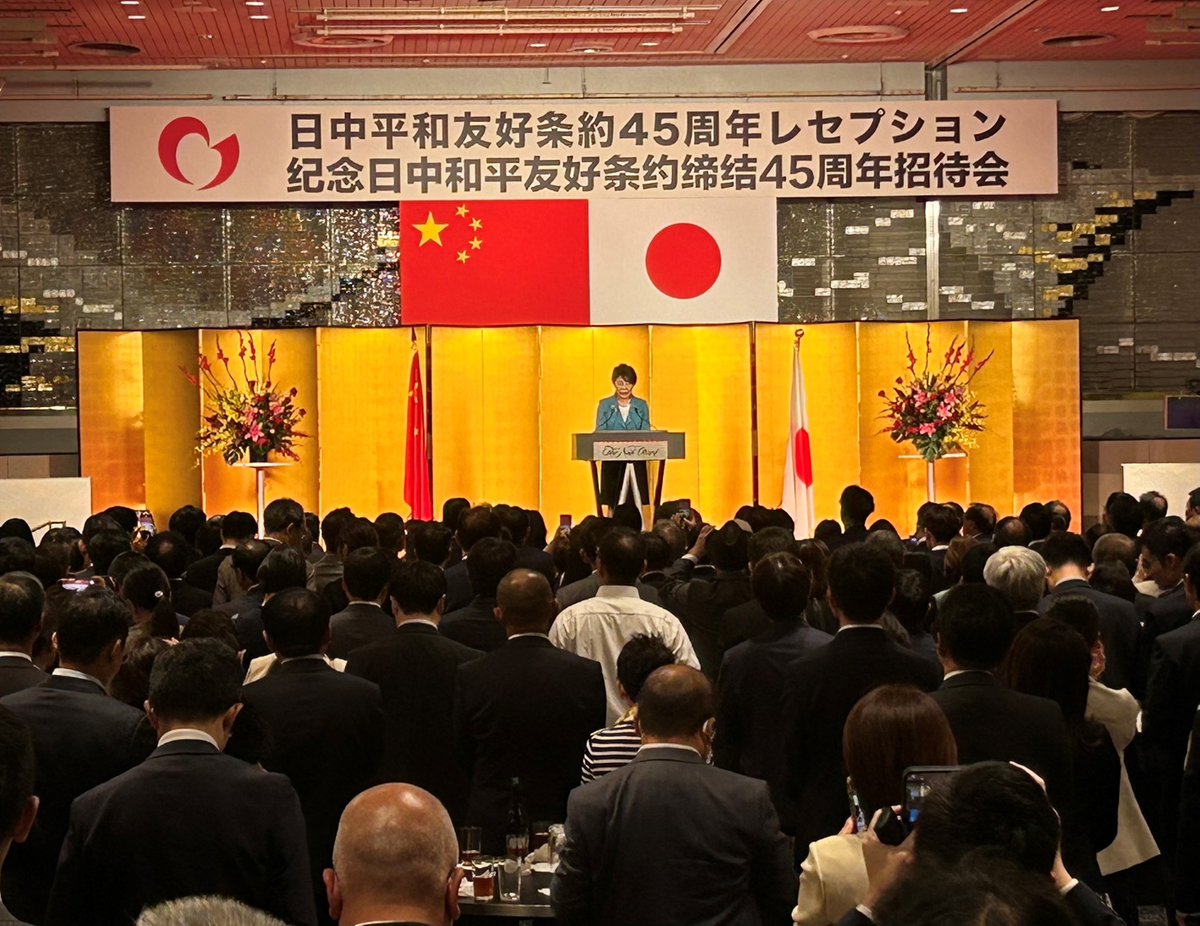
People from various sectors of the Japanese society have called for the continued building of a constructive and stable Japan-China relationship.
Japan's Foreign Minister Yoko Kamikawa said she firmly believes that Japan and China can pave the way to solving various issues and achieve peace and stability in East Asia through candid communication and engaging in continuous dialogue.
China's assistance is indispensable not only in terms of Japan-China relations but also in terms of addressing global issues such as climate change and pandemic response, Kamikawa said at a reception in Tokyo on Monday commemorating the 45th anniversary of the signing of the Japan-China Treaty of Peace and Friendship.
Currently, there are various possibilities for cooperation in Japan-China relations, but at the same time, there are numerous challenges. In such times, it is crucial to engage in multilevel and repeated dialogue from the leadership to the general public to jointly accelerate the building of a constructive and stable Japan-China relationship, she said via translation.
On Oct 23, 1978, during the visit of then Chinese Vice-Premier Deng Xiaoping to Japan, the two countries exchanged the approval documents for the Japan-China Treaty of Peace and Friendship, which officially came into effect.
"Our ancestors, generation after generation, have made efforts for the development of Japan-China relations. This invaluable spirit is worth revisiting, and we can learn many things from it," said Toshihiro Nikai, a member of Japan's House of Representatives and chairman of the Japan-China Friendship Parliamentarians' Union.
Nikai urged everyone present at the inception to return to the original intention of the treaty and pool their wisdom and strength to breathe new life into the spirit of the treaty.
Today, Japan and China need to deepen and expand cooperation in addressing global issues such as climate change, said Masakazu Tokura, chairman of the Japan-China Exchange Promotion Executive Committee and chairman of the Japan Business Federation.
"Looking back over the past 45 years, the relationship between the two countries has not always been smooth," Tokura said. "However, our predecessors faced each issue at the time with sincerity, thus laying the foundation for our present-day relationship."
Currently, amid challenges between the two nations, it is essential for both countries to promote mutual understanding through dialogue, he said. As in the past, relentless efforts are needed to steadily address these issues. To create this atmosphere, high-level dialogue and communication between the leaders of both countries are crucial for building a constructive and stable Japan-China relationship.
In the context of the relationship between Japan and China, the role of the government is of utmost importance. The establishment of mutual trust at the highest levels of both nations is indispensable. Furthermore, it is essential to actively promote people-to-people exchanges, said Takeshi Noda, president of the Japan-China Society.
"The current state of Japan-China relations is very challenging, and because of this, we must never engage in warfare again. Instead, we should reexamine the four political documents issued by Japan and China," Noda said.
He proposed a toast to the 45th anniversary of the signing of the Japan-China Treaty of Peace and Friendship and to the further progress of the relationship between the two countries.
Chinese Ambassador to Japan Wu Jianghao noted that 45 years after the signing of the China-Japan Treaty of Peace and Friendship, the world is undergoing rapid changes in the midst of a century's transformation, and the international and regional situations are becoming more complex and volatile.
"China-Japan relations are facing increasingly challenging internal and external environments. The times demand that we draw wisdom and inspiration from the 45-year development process of China-Japan relations and deeply contemplate the precious values and paths to achieve peace and friendship in this new context," Wu said.
He emphasized that both sides should adhere to the spirit of the treaty, genuinely honor commitments, and rigorously fulfill the principles and obligations established in the four political documents between China and Japan.
"Together, we should build China-Japan relations that align with the requirements of the new era," he said. "We are willing to work with the Japanese side to manage existing conflicts and differences, address new challenging issues, deepen practical exchanges and cooperation, uphold international fairness and justice, and make the necessary contributions to the peace, stability and development of the region and the world."
















